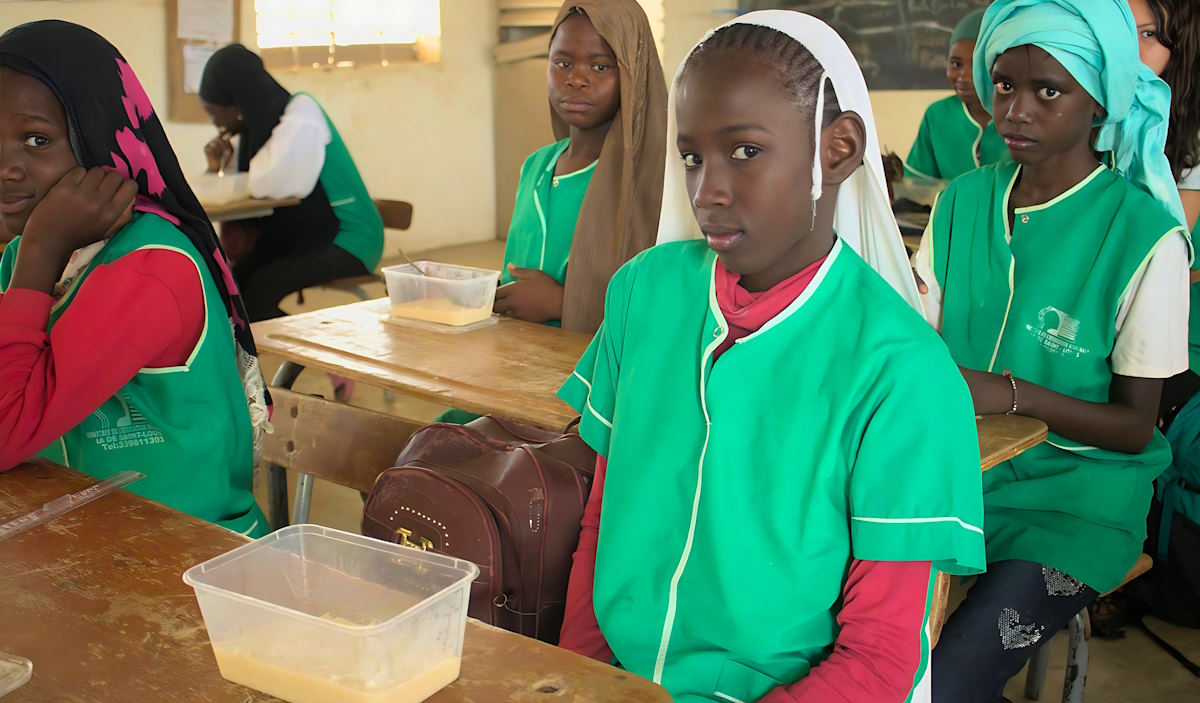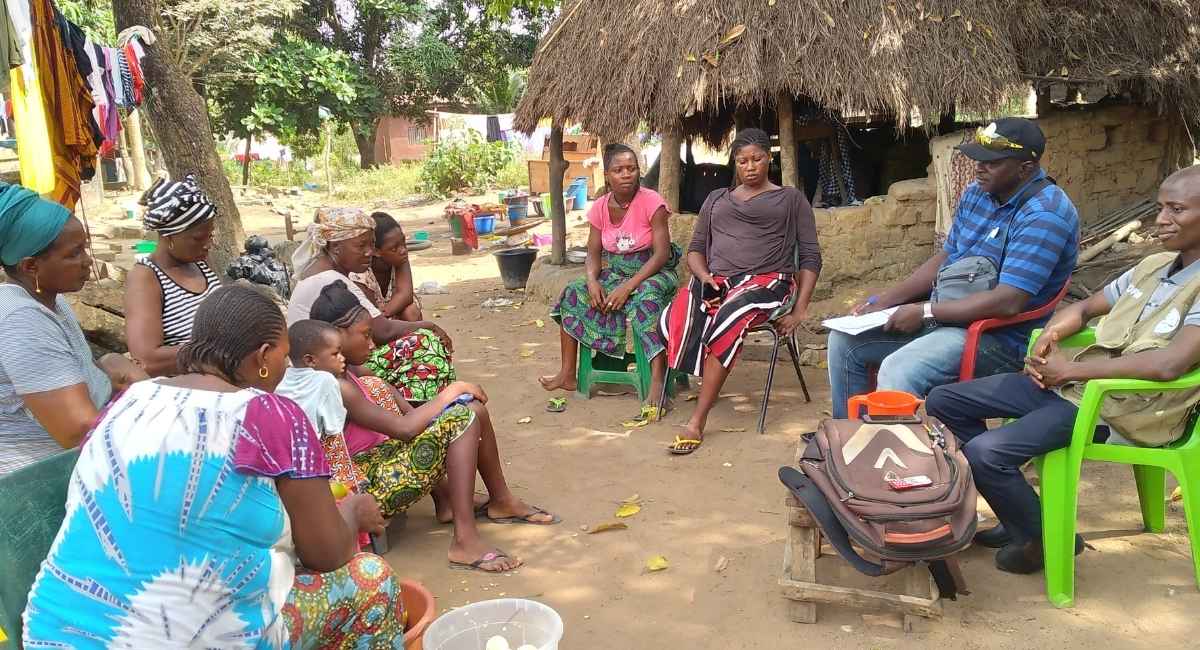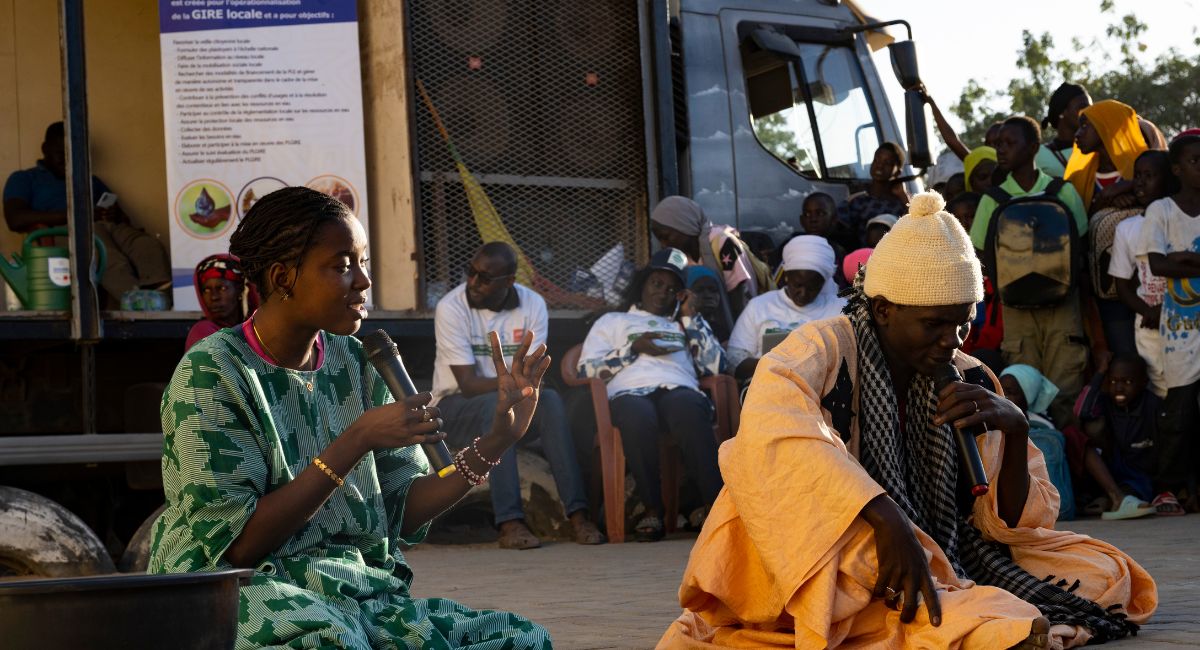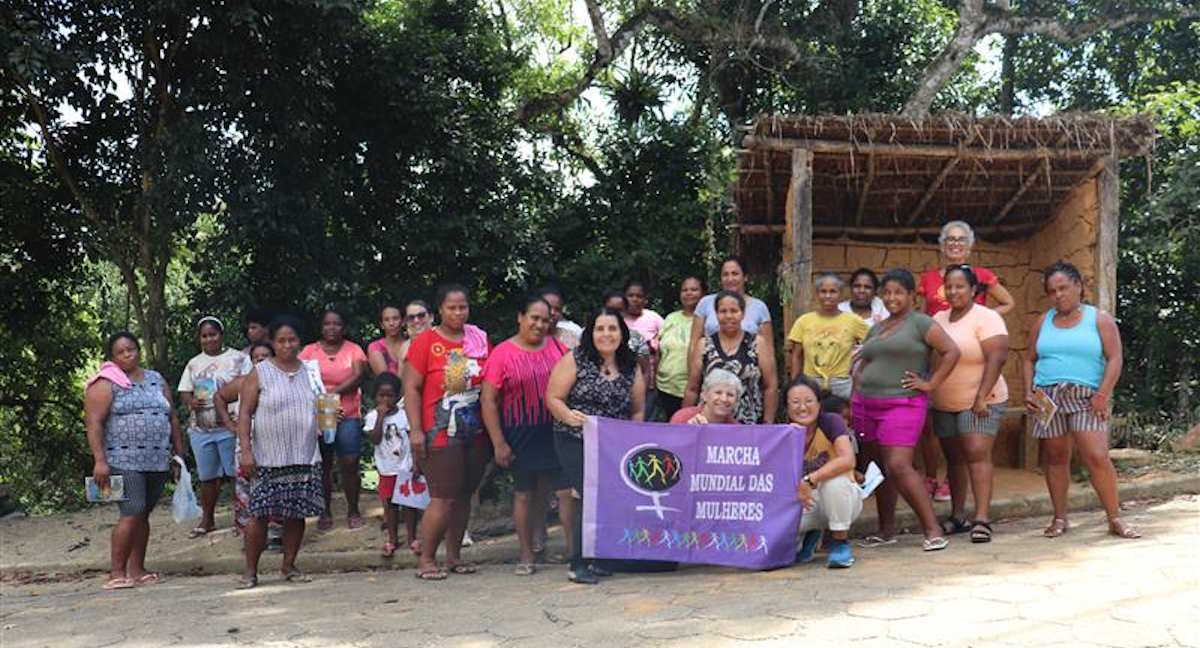GRET and the Senegalese association AGORA are launching a new project on mobile school canteens and pedagogical gardens in four schools in the municipality of Gandon, in the North of Senegal. The objective is to improve school children’s diets and raise future farmers’ awareness on agroecological practices. Drawing on this experience, GRET also intends to promote the generalisation of school canteens that are supplied via short supply chains.
Improving school children’s diets
In Senegal, 31% of child mortality is caused by malnutrition and 75% of children do not have a sufficiently varied diet. Malnutrition has multiple impacts on their life and their future development, and is a significant obstacle to their learning capacities. This phenomenon is due to families’ lack of financial resources, and to poor understanding of good eating habits and limited access to healthy, nutritious foods. In primary schools, many children come to class in the morning having eaten nothing and purchase snacks that are high in sugar, salt and fat during breaks.
The objective of this new project is to test a system of mobile school canteens in four schools, providing 300 school children with a full breakfast. Thanks to the experience of the Agora association, these breakfasts will be prepared in a central kitchen, using local products supplied by farmers, including women’s groups. The breakfasts could, for example, consist of porridge made from millet, maize, peanut paste, or beans (cowpea), and could be served with curdled milk, herbal teas or local fruit juices.
Mobile canteens can also contribute to minimizing investment costs, because the majority of schools do not have a kitchen or dining hall. This system is therefore particularly suited to small schools in rural areas. In parallel, a programme of education on nutritional balance will be delivered by GRET and Agora to teachers and pupils.
Raising awareness on agroecology from an early age
The practice of agroecology is not yet widely developed in the Senegal River valley, where large agro-industry businesses and family farms exist side by side. Their agricultural methods are often based on the use of chemical inputs that have an impact on soils, water resources and human health.
Pedagogical gardens will be created in the 4 pilot schools to raise the children’s and their families’ awareness on sustainable agricultural methods and conservation of natural resources. These will enable practical teaching of techniques to improve soil fertility; eliminate chemical fertilisers, insecticides and pesticides; and reduce water consumption for irrigation. Planting trees, in particular fruit trees, will also favour biodiversity and contribute to cooling down school yards.
Four women’s groups supplying the canteens will also be supported to adopt agroecological practices, and to find new trade outlets on the local market.
Rolling out the system and making it sustainable
Improving diets in school settings is a significant challenge, in Senegal as in many other countries. The project aims to test a system that is economically, socially and environmentally virtuous, and to disseminate best practices to promote the generalisation of similar systems in Senegalese schools.
This project is being conducted thanks to BEL Foundation, CFSI, Fondation de France and Stiftung Drittes Millennium. One of the main challenges is securing sustainable funding: the project will therefore also be an opportunity to examine more appropriate funding procedures and, together with the associations working on this subject, contribute to advocating for long-term public support for good quality food provision in schools.





